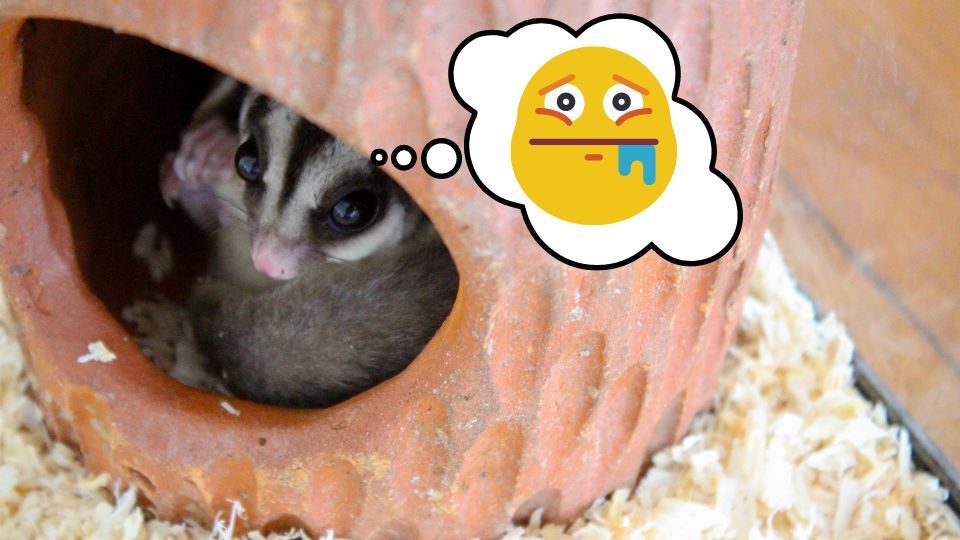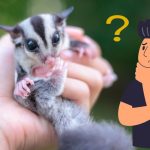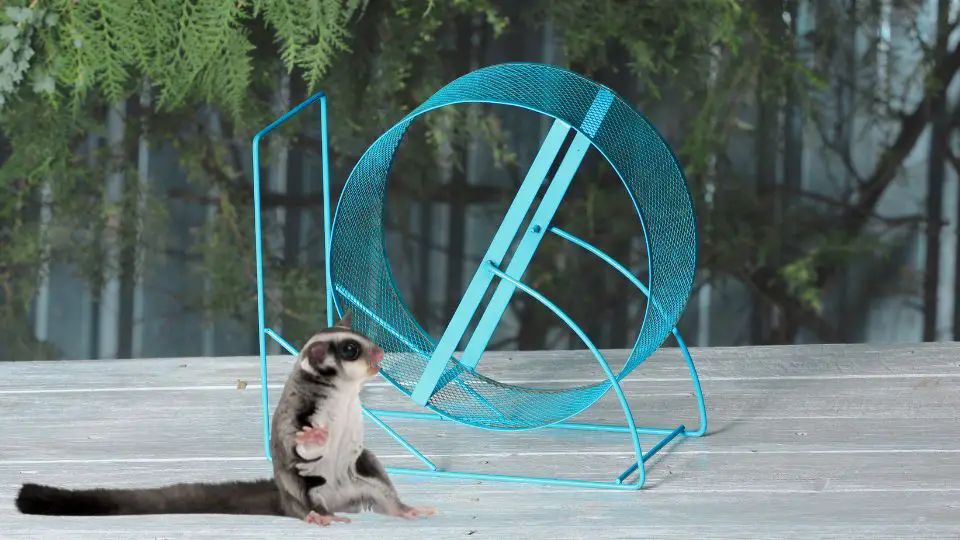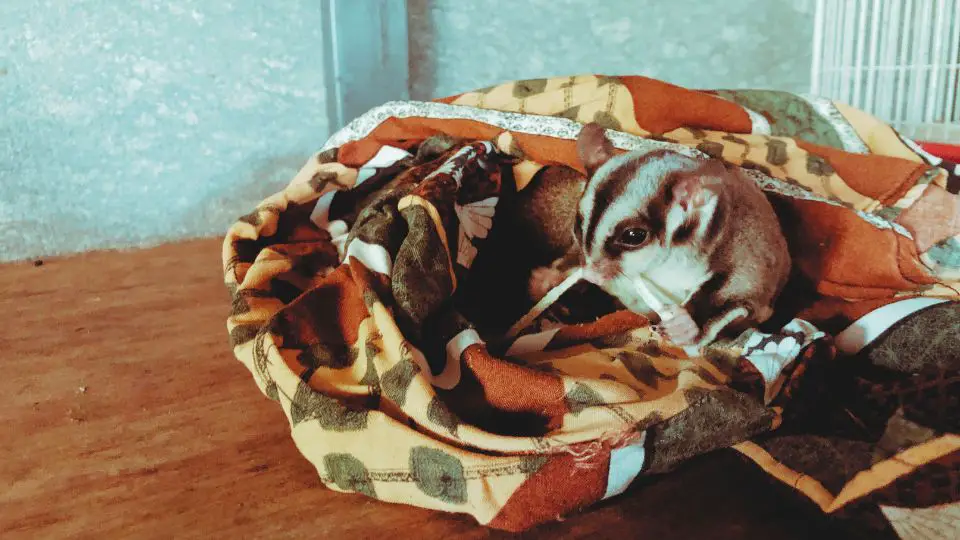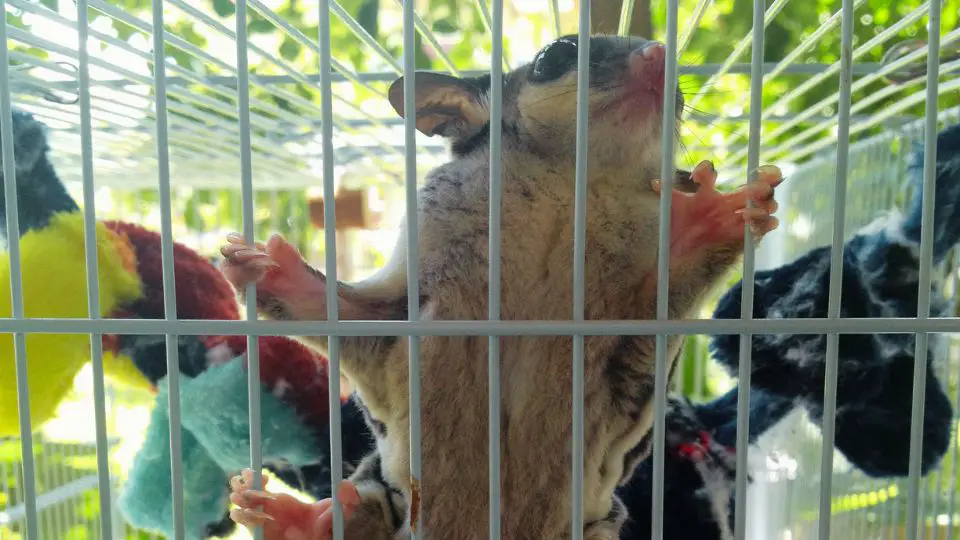Sugar glider drooling is a common behavior that is often misinterpreted by pet owners. While it may seem strange, there are perfectly good reasons why your sugar glider is drooling.
Drooling can happen because of teething, or it can be a sign of an illness, such as gastritis, gland infection, or a bacteria infection. A vet is the most qualified to determine the cause of your sugar glider’s drooling and come with an appropriate treatment.
In this article, we will explore the reasons behind sugar glider drooling and what you can do to help your pet feel more comfortable.
Why is your sugar glider drooling
While sugar gliders are certainly capable of producing copious amounts of saliva, there are a few reasons why your sugar glider may be drooling more than usual.
But before we get into the list, we must emphasize that drooling is a thing that no article can definitively answer. The best thing to do is take your sugar glider to the vet.
If your sugar glider is drooling after they just eat, you don’t need to worry. Sugar gliders like to drink water droplets and lick their food, which can cause them to produce more saliva than usual.
If your sugar glider is drooling and it’s not mealtime, there are a few things that could be going on:
Teething
If your sugar glider is a baby or juvenile, they may be drooling more than usual due to teething. As their teeth start to come in, they may drool more than usual.
Stress
Stress is another possible reason for increased drooling. If your sugar glider is stressed, they may start drooling as a way to self-soothe.
It’s a sign of illness
In some cases, increased drooling can be a sign of an underlying health condition such as liver disease, gland infection, or gastritis. A vet can give antibiotics to help with the possible illness.
Allergies
Allergies are another possible reason for increased drooling. If your sugar glider is allergic to something in their environment (e.g., a particular type of food, dust, etc.), they may start drooling more than usual.
Nausea
Nausea is another possible reason for increased drooling. If your sugar glider is feeling nauseous, they may start drooling as a way to expel the offending substance.
It’s hot outside
If it’s hot and humid where you live, your sugar glider may be trying to cool off by panting and drooling.
What can you do if your sugar glider is drooling
If your sugar glider is drooling more than usual, the best thing to do is take them to the vet. Only a professional can determine the underlying cause and provide the appropriate treatment.
In the meantime, here are a few things you can do to help your sugar glider feel more comfortable:
- Make sure they have access to water at all times, so they can stay hydrated.
- Provide them with a cool, comfortable place to rest.
- If they’re drooling due to teething, you can give them something safe to chew on (e.g., a wooden chew toy).
- If they’re drooling due to stress, try to identify the source of the stress and remove it if possible. You can also try to provide them with a calming environment (e.g., soft music, low lights, etc.).
- If they’re drooling due to nausea, try to identify the source of the nausea and remove it if possible. You can also try feeding them smaller meals more often.
- If it’s hot and humid where you live, try to provide them with a cooler, more comfortable environment. You can also try giving them a cool bath.
Conclusion
In conclusion, there are a few reasons why your sugar glider may be drooling more than usual. If you’re unsure of the cause, the best thing to do is take them to the vet. In the meantime, you can try to provide them with a cool, comfortable environment and access to water.

